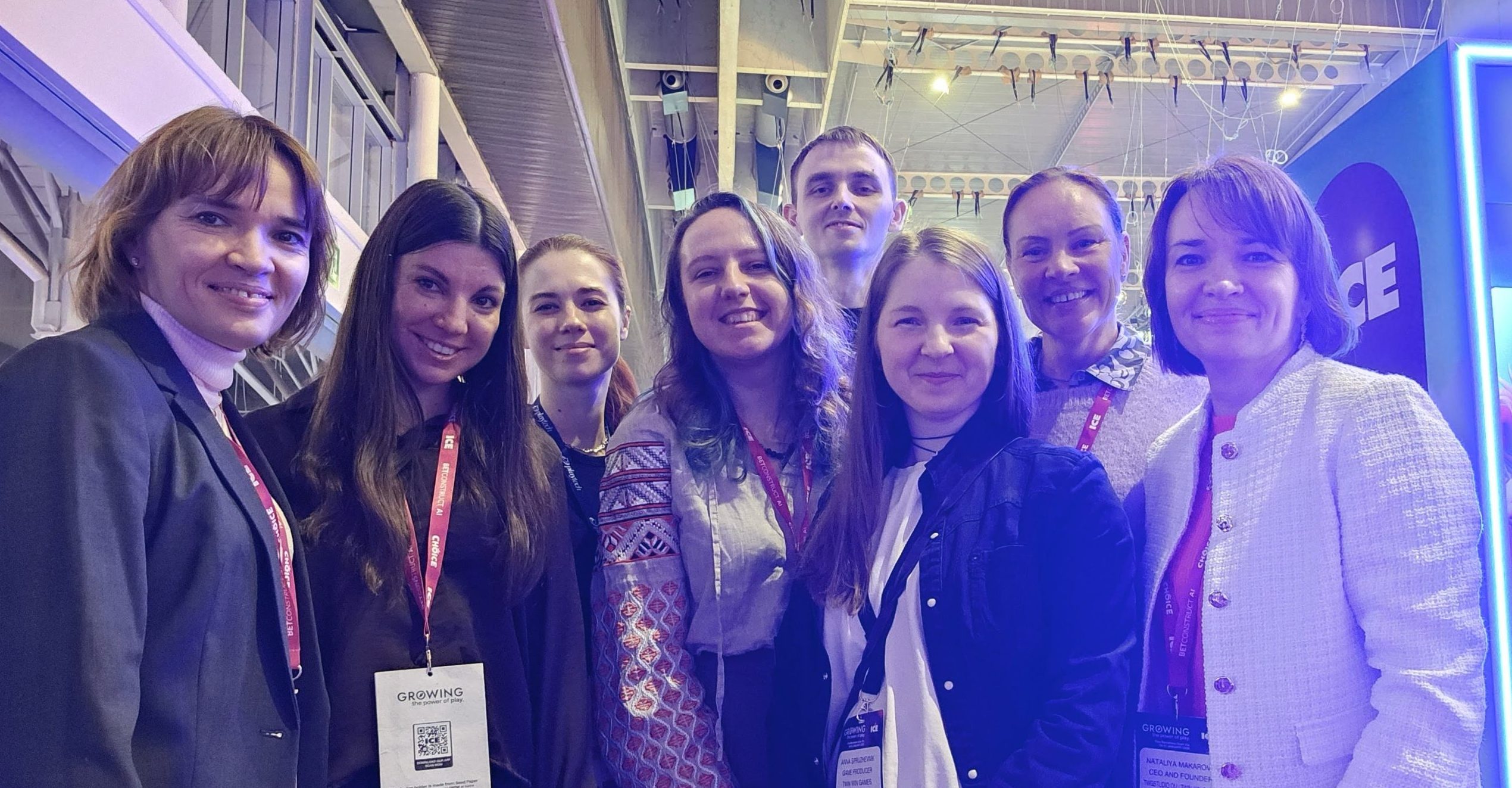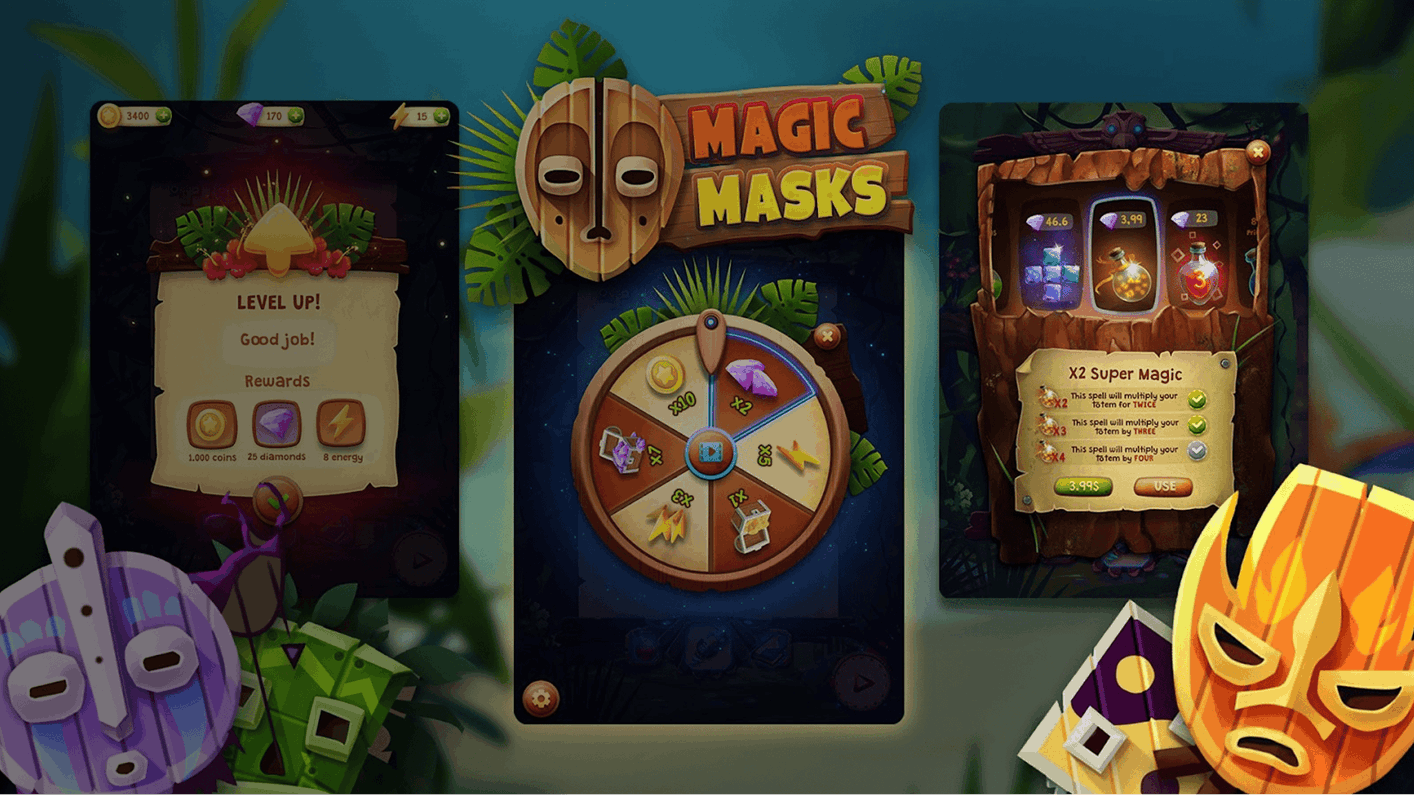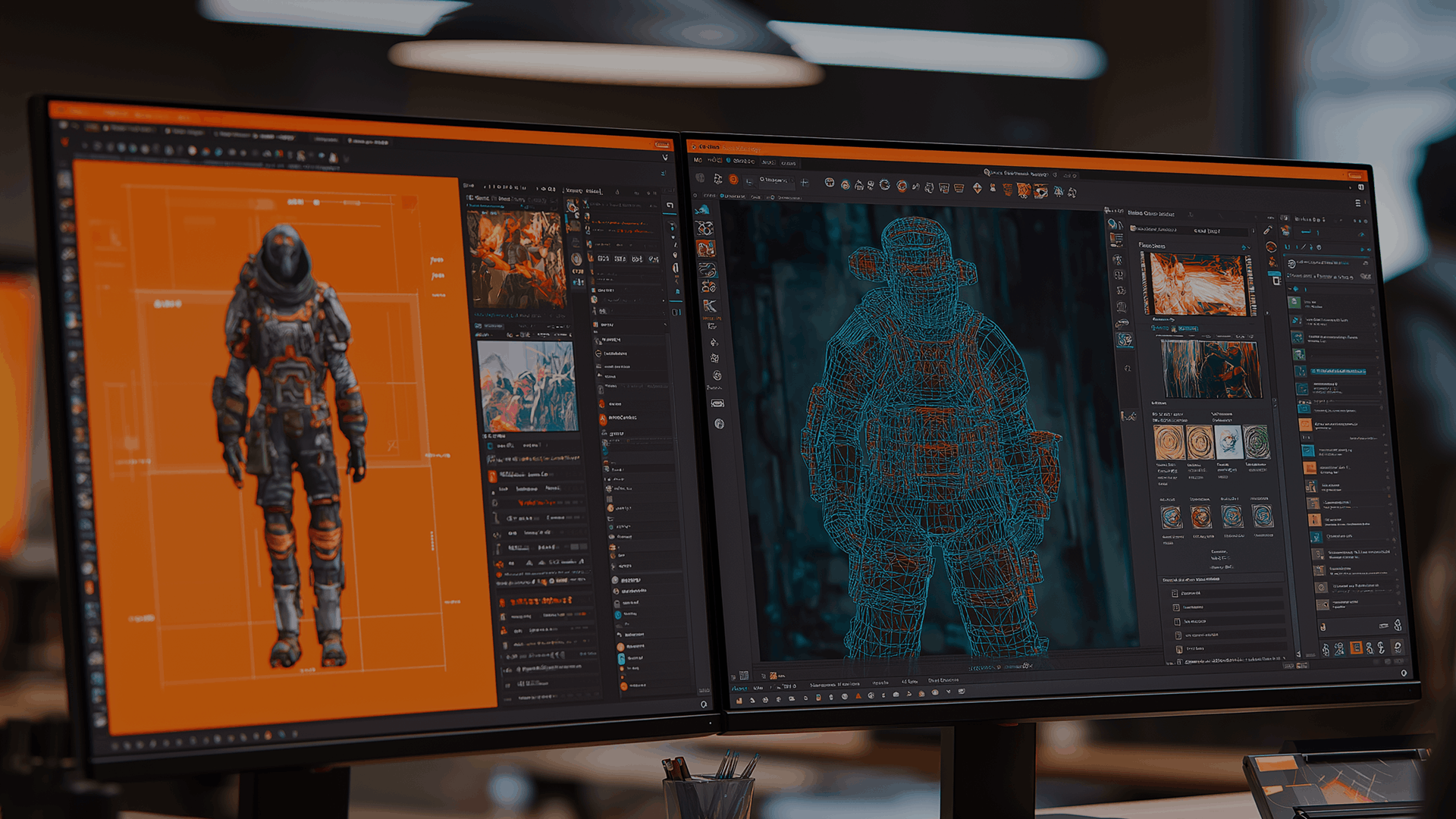Finishing games faster is one of the hardest challenges for indie developers. Many projects stall because developers underestimate time, chase distractions, or lose motivation. Over the last decade, I built more than 30 games. Some were hits. Some were failures. Every one of them taught me how to cut wasted effort and get to launch.
Here are 7 proven strategies that will help you finish your games faster.
1. Adopt a time-limited mindset
Stop waiting for “done.” Games are never finished, only launched. Instead of working until a project feels ready, set a fixed deadline. Decide in advance that you will release after 3 months, or align with an event like Steam Next Fest or Halloween.
This deadline forces you to reduce scope, move faster, and focus on what matters. If you struggle with procrastination, tie your launch to an external date you cannot miss.
2. Build debug tools early
Debugging drains time. Every extra step adds friction. Add debug tools from the start. Examples:
- Console commands to teleport characters
- Hotkeys to skip levels or spawn items
- Color-coded debug logs
Keep these tools in your development build only. They do not ship with your game, but they save you hours during testing.
3. Record issues instead of fixing them immediately
Bugs and small improvements are traps. They look quick but often take hours. When you see one, log it instead of fixing it right away. Write a note in your code or keep a dedicated bug list. Stay focused on your main task. Then address the backlog later.
This single habit prevents wasted weeks chasing small issues.
4. Learn your tools and hotkeys
Every tool has shortcuts that save time. Unity, Godot, Blender, Photoshop. Learn them. Print a list. Keep it visible. Over the course of a project, knowing the right hotkey saves dozens of hours.
Use small projects or game jams to practice. Familiarity with your tools makes development faster and smoother.
5. Plan for your future self
End each work session by writing down what to do next. Keep tasks specific. Instead of “work on movement,” write “adjust jump height in PlayerController.”
This removes decision fatigue when you start again. Another trick is to stop in the middle of a task. When you return, you know exactly where to pick up.
Need professional help to get from idea to market faster? Explore our custom game development services.
6. Solve small problems permanently
Tiny annoyances add up. Long build times, repeated crashes, tools that need constant restarting. Fix them once with a permanent solution.
For example, I used to waste 10 seconds every time I rebooted my Stream Deck software. Writing a script to automate it saved me from that frustration forever. Do the same for your pipeline.
7. Optimize your workspace
Your environment impacts your output. Create a dedicated space to work. Keep it clean. Invest in the best chair and tools you can afford. Surround yourself with objects that make you want to be there.
Small changes here have a big effect on motivation and focus.
Bonus tip: Find your community
Working alone makes finishing harder. Join a team or a community. Surround yourself with people who encourage, critique, and push you forward. Online groups, Discord servers, or structured collaborations all help.
Community gives you accountability and feedback, both of which keep projects alive.
Key takeaways
- Deadlines drive progress
- Debug tools save hours
- Bugs should be logged, not chased
- Hotkeys matter more than you think
- Planning for tomorrow reduces friction
- Fixing small problems once saves time forever
- Workspaces affect productivity
- Community keeps you motivated
Want more insights on indie game production?
Read our guide on how to make an indie game.
Because sometimes you need a full recipe before you start cutting onions.
FAQ
Why do most indie games take longer than expected to finish?
Most indie games take longer because developers underestimate scope and time requirements. Without clear deadlines, projects expand endlessly.
How do deadlines help indie developers finish faster?
Deadlines force you to prioritize features, reduce scope, and push for a release instead of chasing perfection.
What are debug tools and why should I build them early?
Debug tools are internal shortcuts that help you test faster. Examples include teleporting characters, skipping levels, or logging errors with color codes. They save time during development and reduce frustration.
Should I fix small bugs right away or leave them for later?
Log them and move on. Fixing small bugs on the spot often leads to hours of wasted time and breaks your focus. Address them later in a structured bug-fixing session.
How do hotkeys make a real difference in game development speed?
Hotkeys cut down repeated actions. Over a long project, this saves dozens of hours. Learning them early is one of the fastest ways to improve your efficiency.
How important is community for finishing indie games?
Community provides accountability, support, and feedback. Developers who engage with others are more likely to finish and release their projects compared to those who work in isolation.





